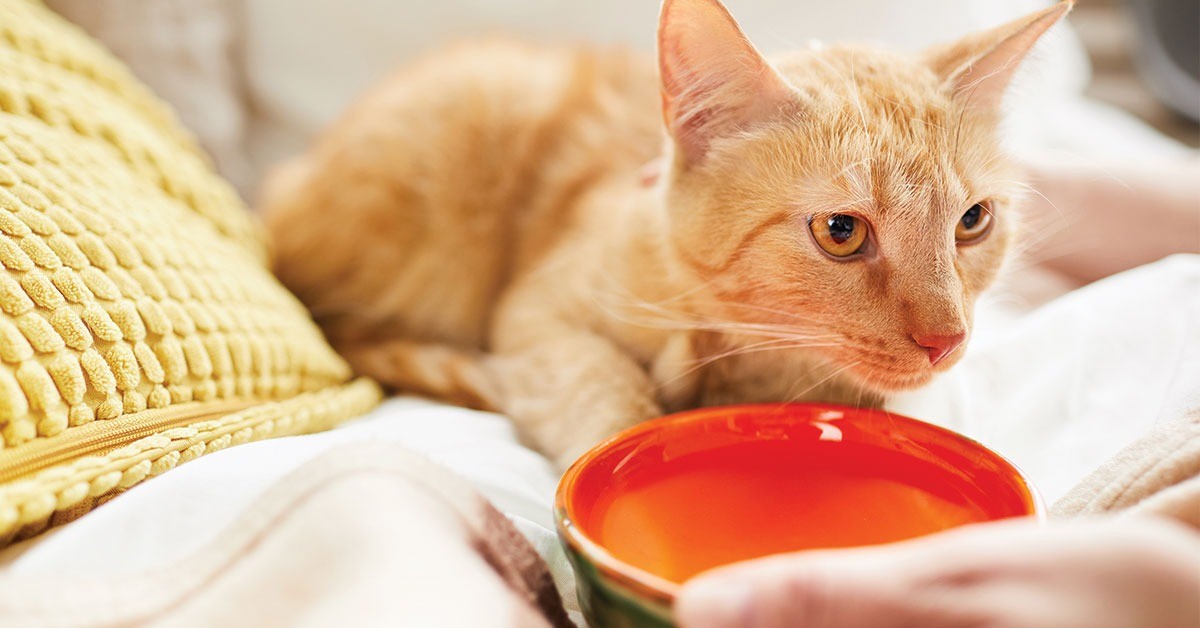More pets present to the vet ER for GI upset than any other illness. UrgentVet is uniquely qualified to manage the vast majority of these cases without expensive hospitalization. However, if you have a cat, chances are good that you’ve seen her vomit from time to time. But how much vomiting is normal for a cat? When should your cat’s vomiting become cause for concern? To learn more about vomiting and diarrhea, click here.
Why does my cat vomit?
If your cat is vomiting, the potential causes can range from simple and benign to dangerous and life-threatening. Most commonly, a cat will vomit because she ate too much or too quickly, was too active too soon after eating, or ate something that disagreed with her stomach. Other causes can include:
- Change in food
- Foreign body (like a hairball) or a foreign body obstruction
- Bacterial infection of the gastrointestinal tract
- Kidney failure
- Parasites
- Pancreatitis
- Liver failure
- Gall bladder inflammation
- Viral infections
- Toxins or chemicals
- Reactions to medication or post-operative nausea
- Heartworm infection
- Colitis
- Gastritis
- Gastric or intestinal tumors
- Neurological disorders
When should I be concerned about my cat’s vomiting?
It’s normal for a cat to occasionally vomit or experience a bout of vomiting. But, if your cat is vomiting frequently or regularly, call our office. Because the causes vary, diagnosis can be difficult. Watch for other signs of trouble to help narrow the possible causes of your cat’s vomiting. Let us know if your cat is also experiencing:
- Diarrhea
- Lethargy
- Weight loss
- Blood in the vomit
- Change in appetite or water consumption
- Dehydration (watch for sunken eyes, dry mouth, decreased skin elasticity, or panting)
To help determine the cause of your cat’s vomiting, we may recommend blood tests, X-rays, a fecal exam, and/or a sonogram depending on your cat’s medical history, age, and physical exam findings.
How can I treat my cat’s vomiting?
If your cat has suddenly begun to vomit, withhold food and water until the vomiting has stopped for two hours. Then, slowly introduce water and a bland diet, including rice, cooked skinless chicken, or plain boiled potatoes.
If your cat’s vomiting persists or you notice any of the symptoms listed above, call our office immediately.





